9 reasons why outdoor learning is so important
Outdoor learning is nothing new. Children have been learning outdoors, using their developing bodies and minds to make sense of the world around them, for thousands of years. However, there has been a decline in such involvement in the last few decades, with children spending more and more time indoors engaged in sedentary, technology-based activities or playing with machine-made toys and games. While there is nothing wrong with these types of activities in moderation, we need to be aware that children’s brains are hardwired to engage with the natural world, and unless they are exposed to such relevant environments on a regular basis, we risk denying them the opportunities they need for optimal brain development.
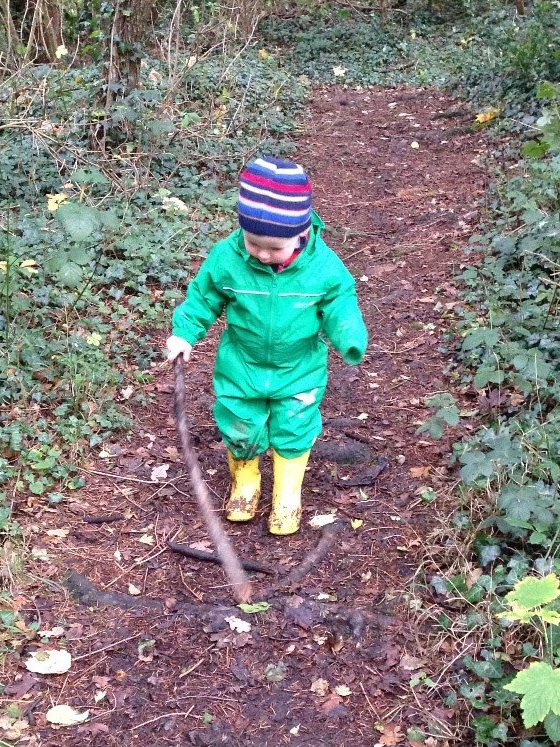
Used appropriately by skilled practitioners, outdoor learning can:
- Enhance coverage of the Early Years Foundation Stage in engaging and novel ways
The outdoors is the ultimate enabling environment. It is full of resources for open-ended play and learning, all subject to changing weather conditions and different seasons. It offers unique challenges and degrees of risk, as well as opportunities for understanding the world, and stimuli for literacy and maths. Once you get started, there are so many ways to cover the Early Years Foundation Stage (EYFS) outdoors! - Increase children’s physical activity
Children’s lack of physical activity is currently a big concern and Ofsted has highlighted it as something that needs to be prioritised in preschool settings. The outdoors is a tremendous place in which to run and climb, balance and swing. The great thing is that the children will be having such fun, they will not even realise they are exercising!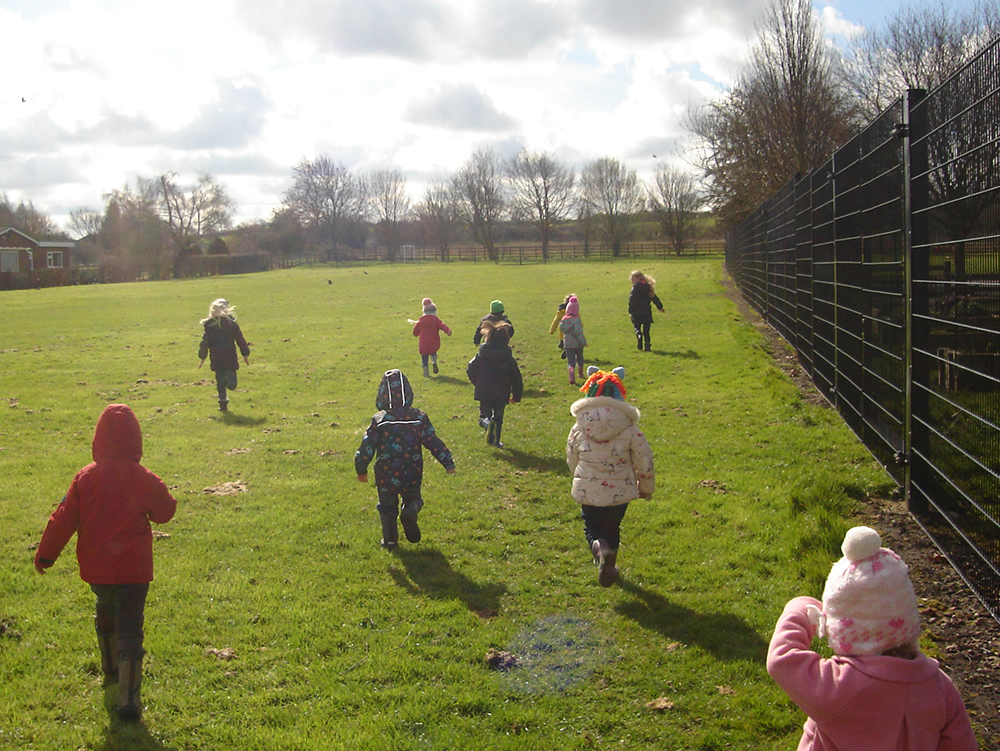
- Improve specific skills and provide opportunities to develop lifelong learning interests
Some children need a chance to develop specific skills and help with focusing on a task. Through purposeful, rewarding outdoor activities, children can extend their concentration span, engage with their learning and start to develop interests that will stay with them for life. - Engage children in positive ways with their local natural environments
Children need to have an empathic relationship with natural environments nearby if they are to adopt a caring attitude towards nature. As Sir David Attenborough once said, ‘No one will protect what they don’t care about; and no one will care about what they have never experienced.’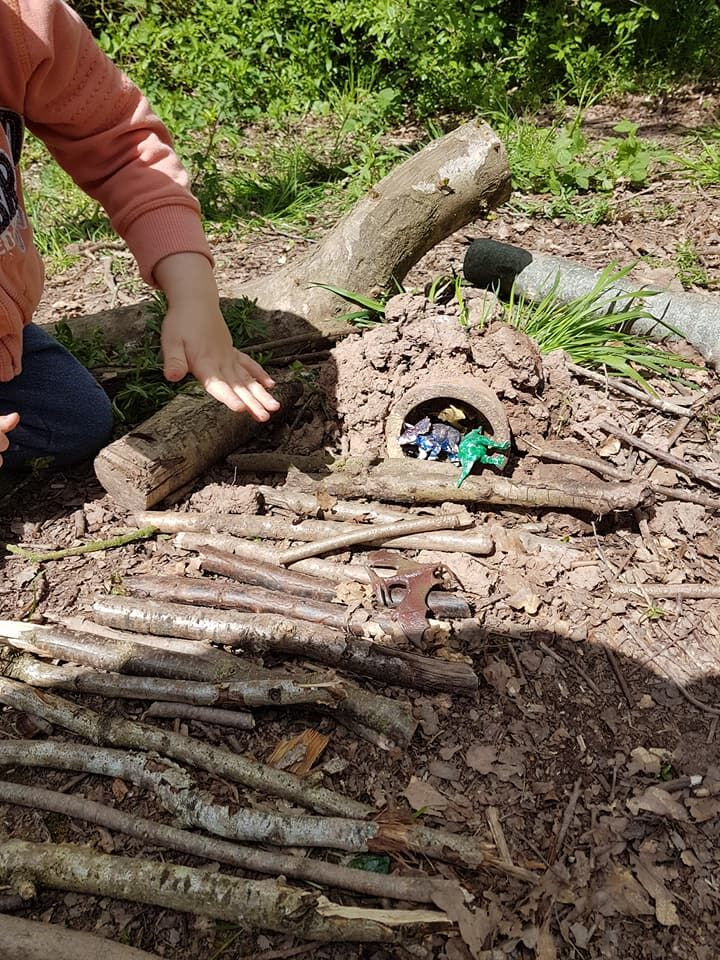
- Provide children with new opportunities to succeed
All humans are unique and have different skills and intelligences. The outdoor environment offers all children the chance to flourish and do something they are proud of. - Build practical skills, including appropriate risk taking
Outdoor learning lends itself to practical engagement and appropriate risk taking. Children need these opportunities in order to build their confidence, spatial awareness, physical strength and the ability to keep themselves safe in an ever-changing and unpredictable world.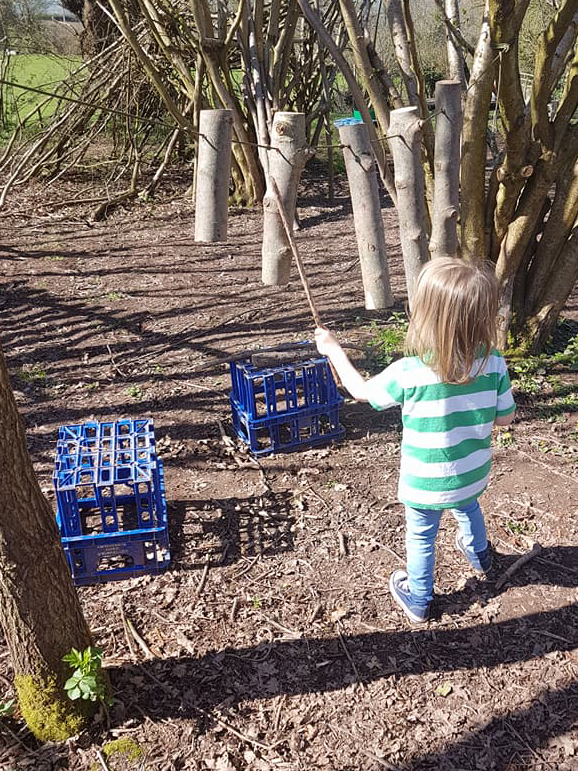
- Offer rewarding, purposeful, outcome-related activities
Provide children with a range of activities during outdoor sessions, so they can choose what interests them. In this way, the learning they are engaged in has personal relevance and will, therefore, be more rewarding and memorable. - Promote social skills
When busy outdoors, children tend to work in groups, take turns, share resources and collaborate more. These are all vital life skills that can be extended through outdoor learning. Next time you take a group of children outside, listen to the chatter that goes on; observe the negotiations, compromises and disagreements; and note down the social development taking place.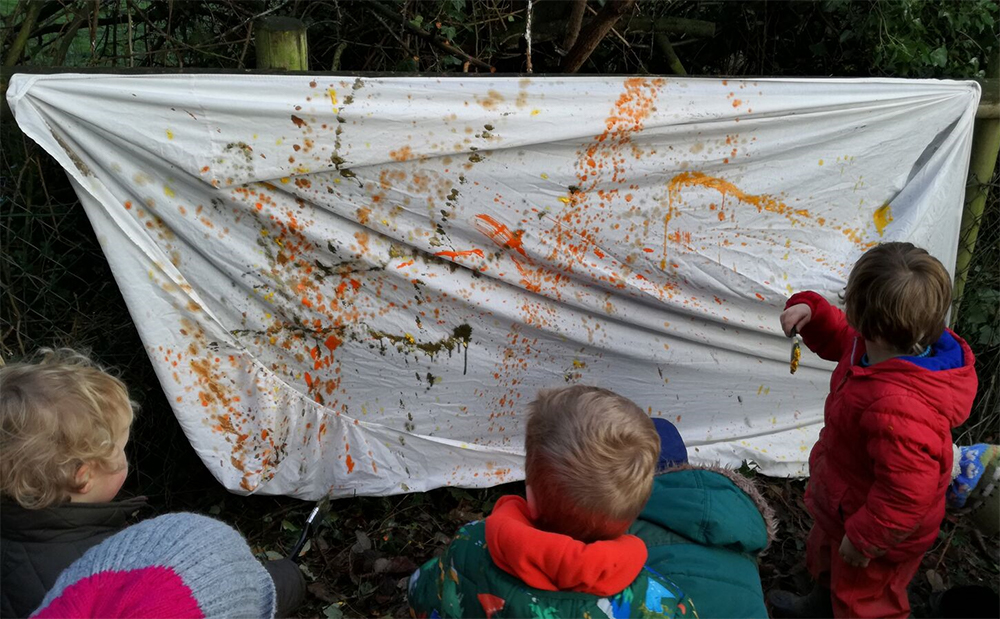
- Build resilience, creativity and problem-solving skills
Things do not always work the first time outdoors, so children need to practise resilience. Open-ended tasks provide opportunities for problem solving and creativity. For example, supplying loose parts and small world figures is an excellent starting point for children’s imaginative play.
With thanks to Sam Goddard for writing this blog. Sam founded the Rooted Forest School in 2009, and has over 15 years’ experience working with young children. As a Forest School Practitioner, he still loves getting outdoors with the children and is passionate about the benefits Outdoor Learning and Forest School can bring to all children and adults. Sam is the author of ‘In All Weathers!’ which contains 50 inspiring ideas to enhance outdoor learning in the EYFS.

 Register/Log in
Register/Log in
 Basket
Basket
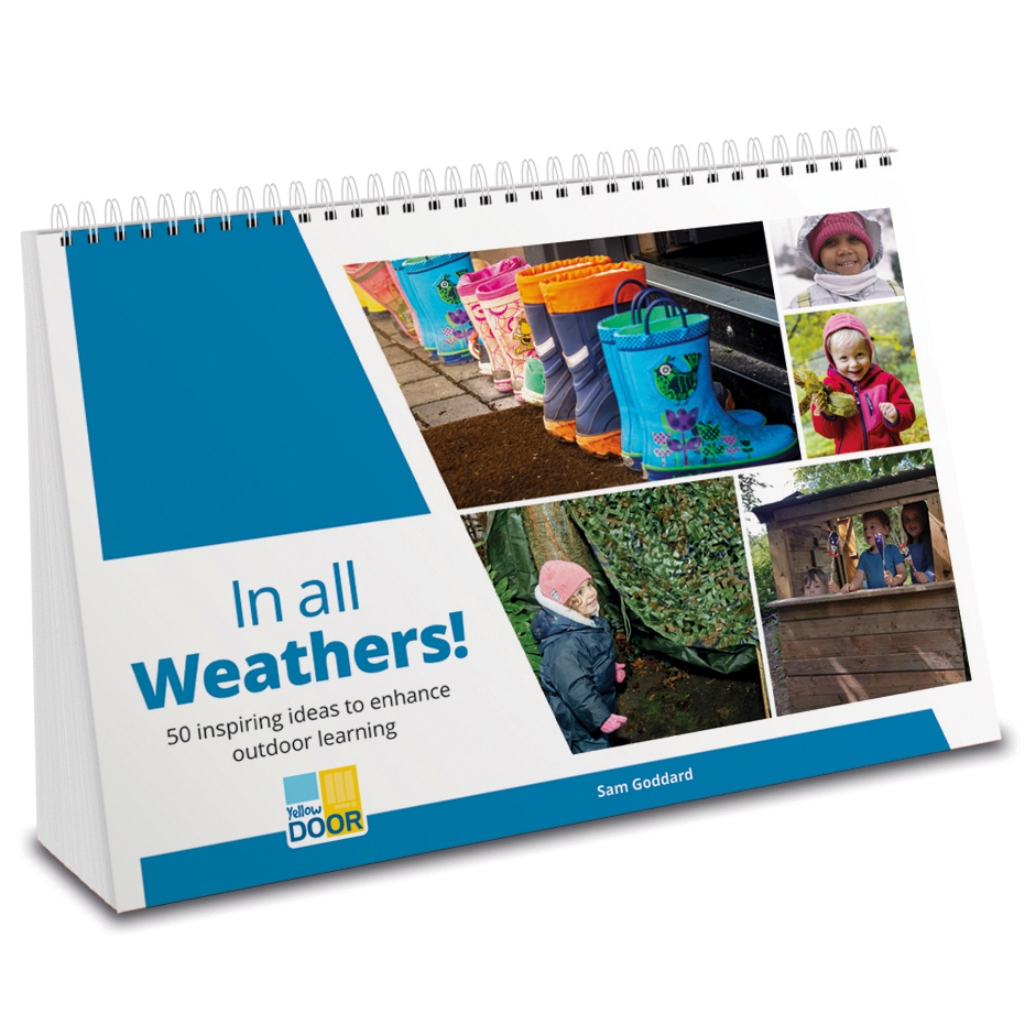
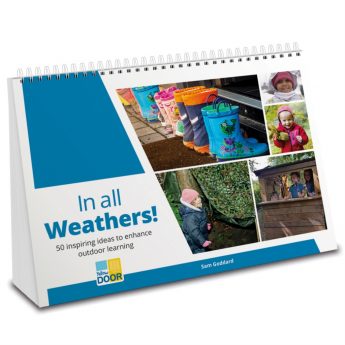


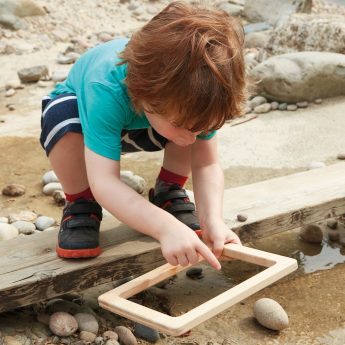

How can I find a copy of the booklet in all weathers as I am a room supervisor trying to promote more outdoor learning
Hi Elinor,
Details of In All Weathers can be found here along with sample pages from the book.